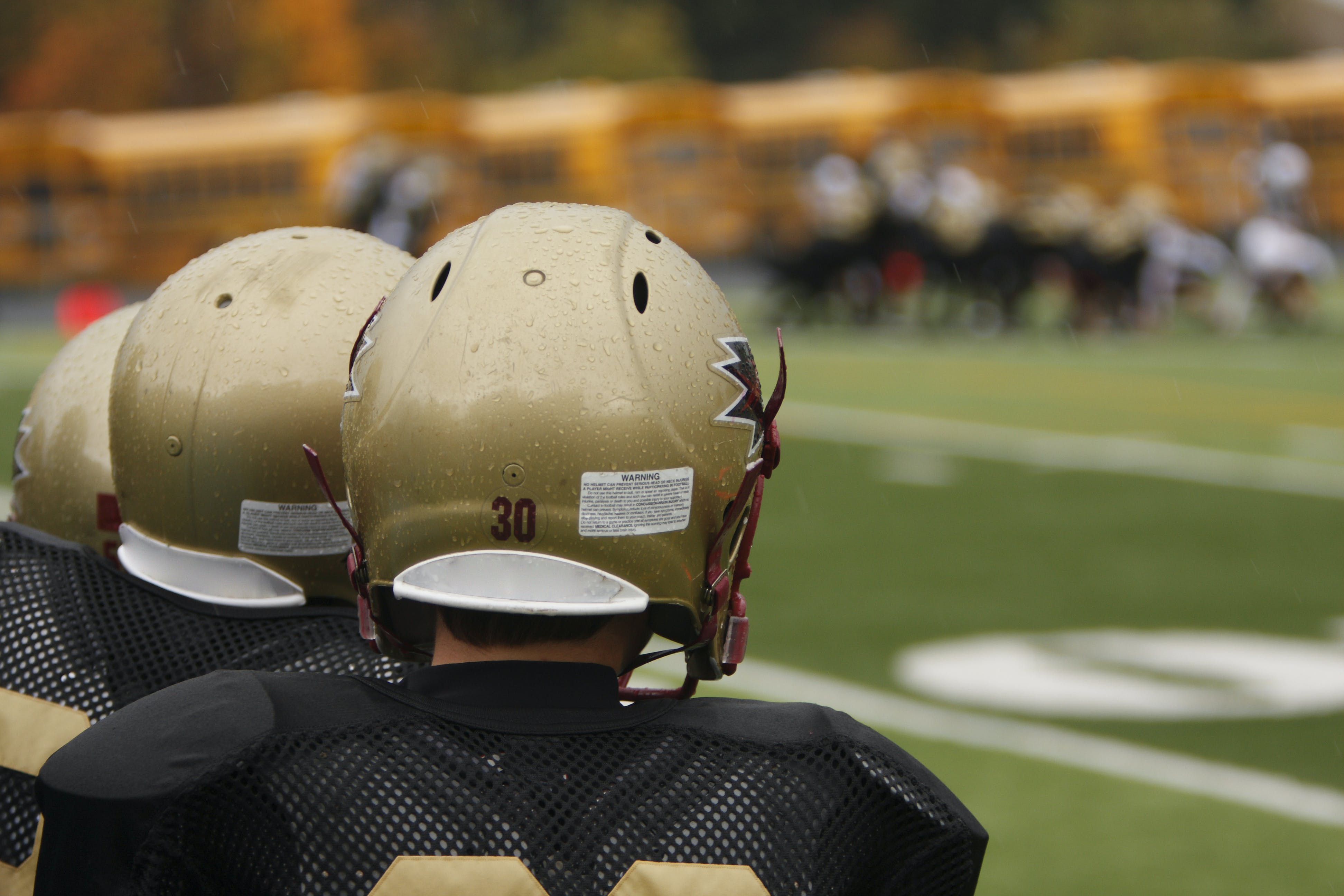The dangers of concussions among athletes have been gaining attention throughout the years thanks to an increasing number of articles and testimonies and the release of "Concussion" in 2015, starring Will Smith. This growing awareness has pushed for more research in nutrition and vitamin supplementation to help people who have head injuries. While there is some progress, it is still too early to recommend supplements to aid in the prevention and treatment of concussions.
We would like to think that easily-accessible dietary supplements like omega-3 fatty acids, melatonin, creatine, curcumin, and resveratrol could help prevent and reverse the effects of concussions but that is not the case. There are two important things to consider when looking into supplements:
- The effectiveness of an individual supplement is unclear. The supplement industry is an unregulated one. Many companies mislabel their products and use less expensive filler ingredients to increase their profits. For example, a 2013 study showed an alarming amount of variability in active ingredients ranging from as low as 9 percent to a whopping 146 percent! Bear in mind, pills are required to contain between 90 percent and 100 percent of the active ingredients listed on their labels.
- Supplements do not make people immune to concussions and other injuries. People tend to think that by taking these supplements, they become invincible. This false sense of security leads to more unnecessary risk-taking in sports such as football, hockey, and cycling, which have high concussions rates.
While there is no conclusive evidence that supplements can aid in the prevention and treatment of concussions, it’s still exciting to think that with further research, there will be more ways to help those who suffer from head injuries. Until then, we need to be aware of the available protocols to treat people with concussions which include baseline testing for athletes, proper reporting of concussions, and adequate rest time until they are fit to return to play.
It is crucial to continue educating athletes, coaches, and parents on the importance of recognizing the symptoms of concussions and maintaining a nutritious balanced diet to promote optimal brain health.
Nutritional information
Recipe: Creamy Green Strawberry Dream Serving in this recipe:1
- Calories: 236.6
- Total Fat: 3.6 g 5.5%
- Saturated Fat: 0.4 g 1.9%
- Cholesterol: 0 mg 0%
- Sodium: 358.7 mg 14.9%
- Total Carbs: 45.7 g 15.2%
- Dietary Fiber: 9.9 g 39.4%
- Sugar: 22.1 g
- Protein: 8.1 g 16.2%
- Vitamin A: 481.9% Vitamin C: 244.1%
- Calcium: 68.5% Iron: 26.1%
* Percent Daily Values are based on a 2,000 calorie diet. Your daily values may be higher or lower depending on your calorie needs.




























